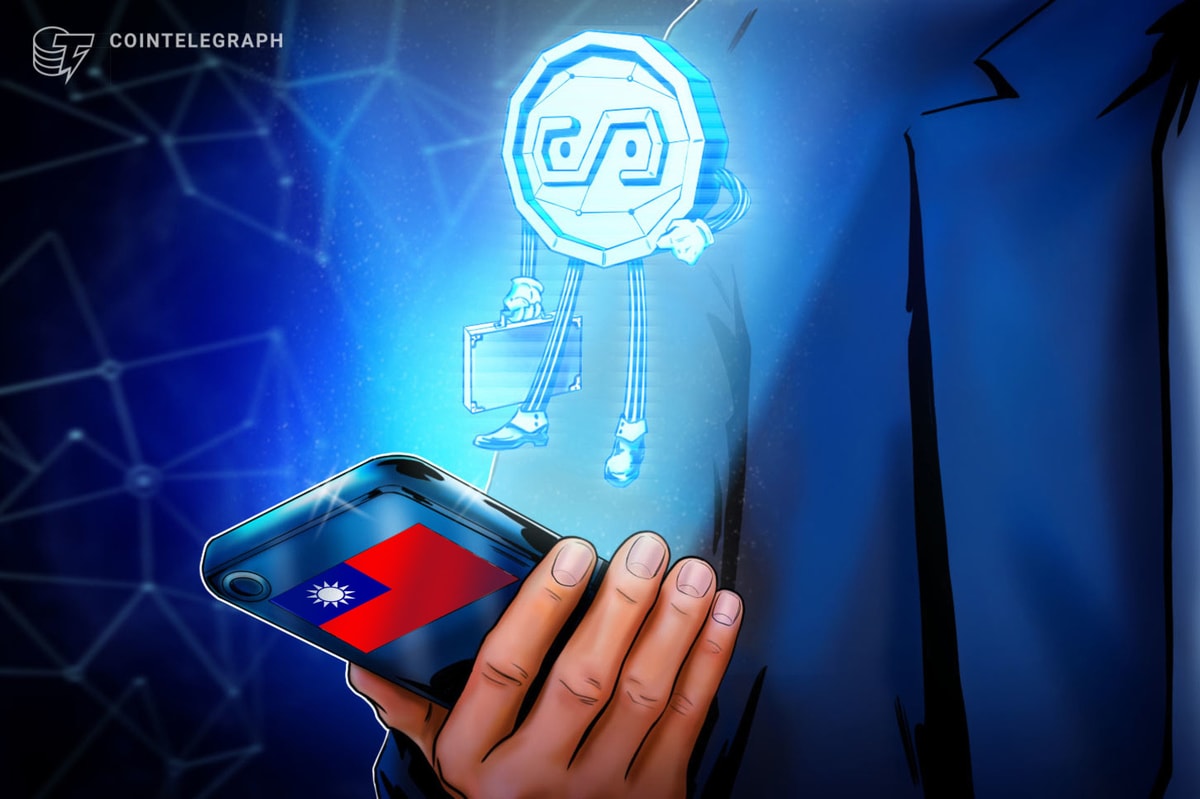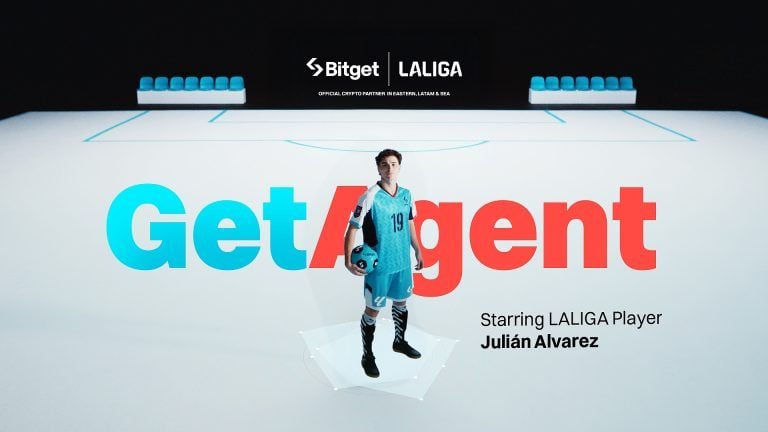Japan is losing its place as the world’s gaming capital because of crypto hostility
4 min read
A marked hostility toward new and emerging Web3 technologies like cryptocurrencies runs the risk of costing Japan its place as the world’s gaming capital. We’re getting dangerously close to the point of no return, and here’s why.
Nobody can be sure where the country’s antagonism to crypto originated or why it still persists even after the nonfungible token (NFT) and crypto “boom” of 2021, which took off in a major global way and prompted officials in the United States and Europe to backtrack on their initial antipathy for the space, finally opening up to regulations. The White House just released its first crypto regulatory framework in September 2022, and the European Parliament Committee followed up in October 2022 by approving the Markets in Crypto-Assets framework, also known as MiCA, with a landslide vote. As the first European crypto policy, the much-discussed MiCA text represents revolutionary progress in the direction of what many consider the future of the financial world.
Japan, however, has a very different stance.
We all know Japan is home to gaming giants like Nintendo and Sega and has been for decades, with triumphs such as Super Mario, Sonic the Hedgehog, the Sega Mega Drive and the Game Boy. But, in order to remain at the top of its game (pun absolutely intended), the sector needs to be able to consistently and rapidly change with the times, not stay stuck where it was when it first gained recognition. Gaming is a highly creative space and has always had the technology to back its extraordinary potential. But, in order to do so, it does need to be able to stay up to speed with new and evolving innovations, or it will become stagnant and lethargic.
Related: GameFi developers could be facing big fines and hard time
GameFi is an emerging area of interest in the industry with immense potential. But, when you look more closely, there are very few Japanese companies developing the GameFi sector into what it is sure to become within a few years to a decade. And if that doesn’t change soon, the entire industry will be at risk.
The crypto and tech worlds are two of the main stages of exciting and rapidly evolving progress happening in the modern age, and in Japan, they’re being held hostage by crucial elements like taxation and a complicated screening process.
In Japan, there is no ground to account for crypto assets properly, and none of the auditors want to audit crypto assets. Due to strict listing rules drawn up by the Financial Agency, the process of listing a coin in Japan can be confusing and frustrating to a fault. But, when time is money to any entrepreneur with a brilliant idea, waiting six months for a token to be screened is unnecessarily discouraging.
Then, there’s taxation. In Japan, token issuers are taxed on unrealized assets at the end of the fiscal year, regardless of whether they have enough fiat currency to cover high taxes or not. And, while non-crypto stock profits are taxed according to a flat 20% rate, crypto earnings are subject to an exorbitant 55% tax rate, a 35-point difference.
Related: The feds are coming for the metaverse, from Axie Infinity to Bored Apes
As Japan’s reputation falters, other countries will be waiting with open arms to accept its bright minds and fearless entrepreneurs who just can’t understand why their country turned its back on them. Europe is full of investor-friendly nations with rational regulatory systems, like the Netherlands. With the new MiCA legislations as close as they are to being widely implemented, it’s not extreme to wonder if other countries would be better suited to home Japan’s brain drain.
We might indeed be seeing small improvements in the right direction. The government might be inclined to soon ease the current onerous listing rules and allow the country’s $1 trillion crypto trading market to flourish a little more easily, with exchanges able to “list over a dozen coins in one go and without a lengthy screening process.” And since assuming office in 2021, Japan’s Prime Minister Fumio Kishida has prioritized Web3 development as a means to “economic revitalization,” meaning we might witness a marked change in how the country both regulates crypto and supports the Web3 sector’s growth as a whole.
But the clock is ticking, and if only time will tell how Japan’s role in the gaming sector will impact the economy of its future, it’s hard to be overwhelmingly optimistic.
Shinnosuke “Shin” Murata is the founder of blockchain games developer Murasaki. He joined Japanese conglomerate Mitsui & Co.in 2014 doing automotive finance and trading in Malaysia, Venezuela, and Bolivia. He left Mitsui to join a second-year start-up called Jiraffe as the company’s first sales representative, and later joined STVV, a Belgian football club, as its chief operating officer, and assisted the club with creating a community token. He founded Murasaki in The Netherlands in 2019.
This article is for general information purposes and is not intended to be and should not be taken as legal or investment advice. The views, thoughts, and opinions expressed here are the author’s alone and do not necessarily reflect or represent the views and opinions of Cointelegraph.





